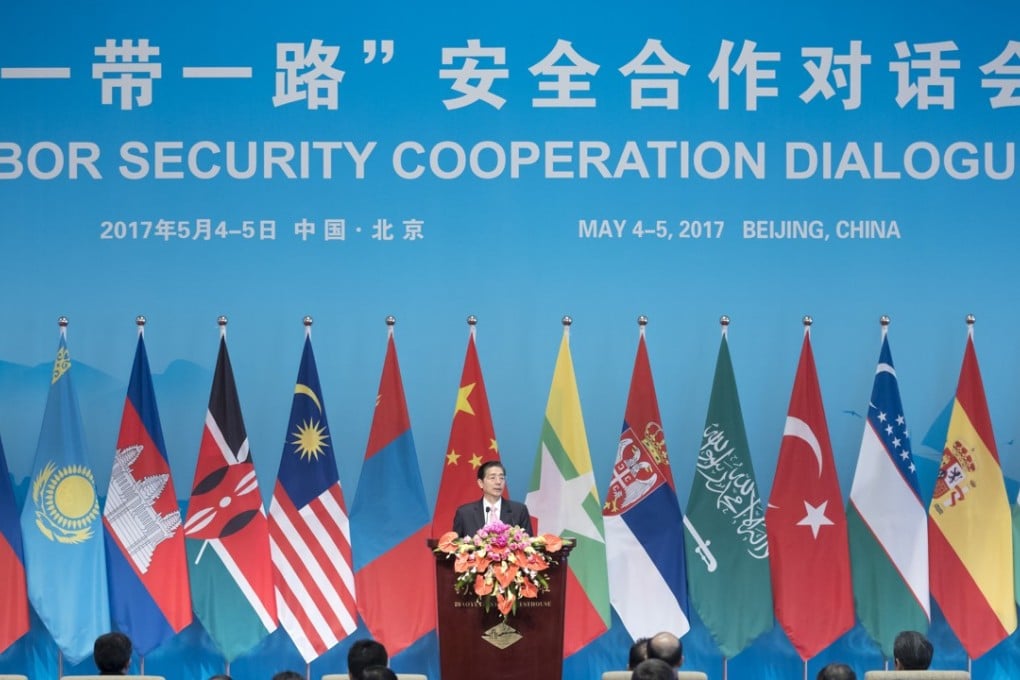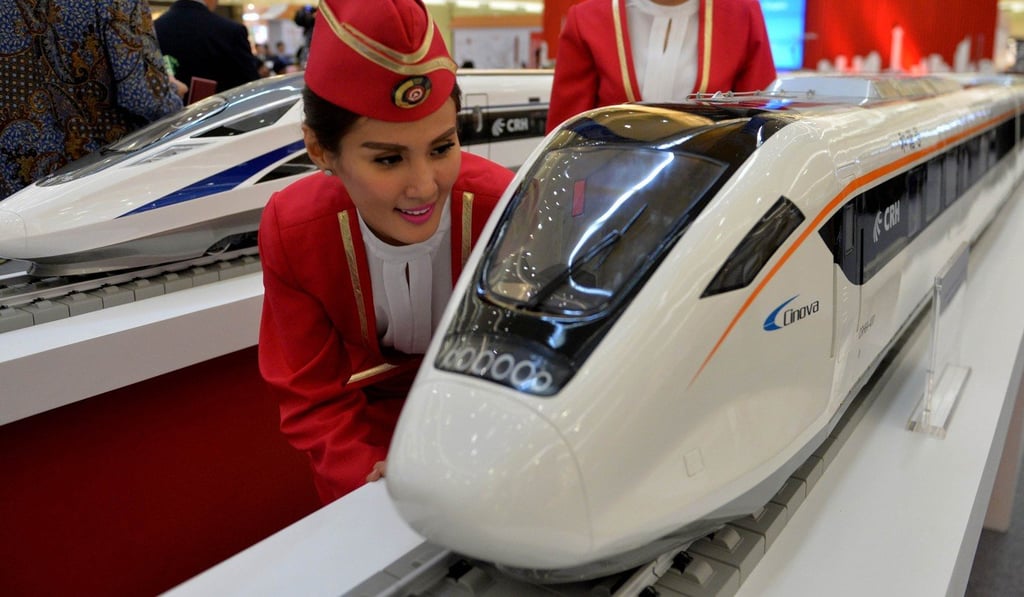Why China’s trump card in global diplomacy is fraught with peril
Even China’s most powerful dynasties found it hard to maintain influence in far-flung regions

Beijing uses words like connectivity and win-win cooperation to describe its ‘Belt and Road’ push, but if history is any guide there could also be risks aplenty along the new Silk Road.
In about 120BC, Emperor Wu of China’s Han dynasty launched an aggressive military campaign against nomadic Hun tribes to unblock trade routes to the west.
But even China’s most powerful dynasties, such as the Han and Tang, found it hard to maintain influence in far-flung regions due to cultural differences, difficulties in maintaining military control and their own domestic problems. China’s first foray into the heartland of Central Asia met a resounding setback in 751 when the Arab Abbasid Caliphate defeated the Tang army at the Battle of Talas, close to today’s border between Kazakhstan and Kyrgyzstan.
When President Xi Jinping entertains 28 leaders from countries along China’s belt and road trade-development network in Beijing next week, there will be echoes from those ancient times, when tribes from afar admired the Middle Kingdom’s wealth and power.

However, analysts say China, the world’s second-biggest economy, faces the same problems encountered by those dynasties in far-flung regions: wariness from foreign leaders, a lack of supporting domestic resources and institutions, and competition from rival powers.